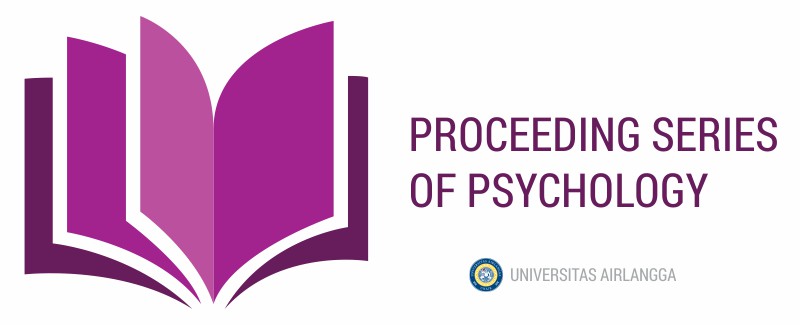Offline and Online Mate Selection Preferences for Indonesians: An Initial Study
Kata Kunci:
Mate Selection Preferences, Focus Group, Qualitative, Thematic AnalysisAbstrak
Mate selection preference is a selective process of person evaluation, aimed to find a partner who is considered potential for the individual. Partner searching is not only done in person, but also virtually. This initial study provides an empirical description of offline and online mate selection preferences for Indonesians with age 18 years old and above, which is inspired by Buss and Barnes’ instrument of mate selection preference. This study was qualitative with a thematic analysis method. Four focus group discussions were conducted, with 47 participants, both males and females, in total. This study found 33 themes for both offline and online mate selection preferences, including: attractive physical appearance, sufficient income, the same religion, educational level consideration, family blessing, ethnicity consideration, socio-economic status consideration, good behaviour consideration, hardworking quality, accepting as the person is, physical health, age consideration, friendly character, wanting children, family background consideration, considerate individual, fertility, and responsibility. The 33 identified themes in this initial study reflects the offline and online mate selection preferences for Indonesians. It suggests more considerations in selecting partners, compared to Buss and Barnes’ study which informs only 13 preferences.
Referensi
Braun, V., & Clarke, V. (2006). Using thematic analysis in psychology. Qualitative Research in Psychology, 3(2), 77–101. https://doi.org/10.1191/1478088706qp063oa
Buss, D. M., & Barnes, M. (1986). Preferences in Human Mate Selection. Journal of Personality and Social Psychology. 559-570.
Couch, D., & Liamputtong, P. (2008). Online dating and mating: The use of the internet to meet sexual partners. Qualitative Health Research, 18(2), 268-279.
Joshi, G., Rais, S., Ann, M., & Mishra, I. (2021). Online dating-A Motivated behaviour during pandemic. Indian Journal of Health, Sexuality & Culture, 6(2), 22-32.
Kerckhoff, A. C., & Davis, K. E. (1962). Value consensus and need complementarity in mate selection. American Sociological Review, 27(3), 295–303.
Kemp, S. (2022, February 15). Digital 2022: Indonesia — DataReportal – Global Digital Insights. DataReportal – Global Digital Insights. https://datareportal.com/reports/digital-2022-indonesia
MacDonald, G., Marshall, T. C., Gere, J., Shimotomai, A., & Lies, J. (2012). Valuing romantic relationships: The role of family approval across cultures. Cross-Cultural Research, 46(4), 366-393.
Hannahcurrey. (2024, August 28). DIGITAL 2022: ANOTHER YEAR OF BUMPER GROWTH. We Are SocialUK.https://wearesocial.com/uk/blog/2022/01/digital-2022-another-year-of-bumper-growth-2/
Unduhan
Diterbitkan
Terbitan
Bagian
Lisensi
Hak Cipta (c) 2024 Mira Ariyani, Lussy Dwiutami Wahyuni, Fildzah Rudyah Putri, Adzkia Zahra Izzati

Artikel ini berlisensiCreative Commons Attribution-ShareAlike 4.0 International License.


